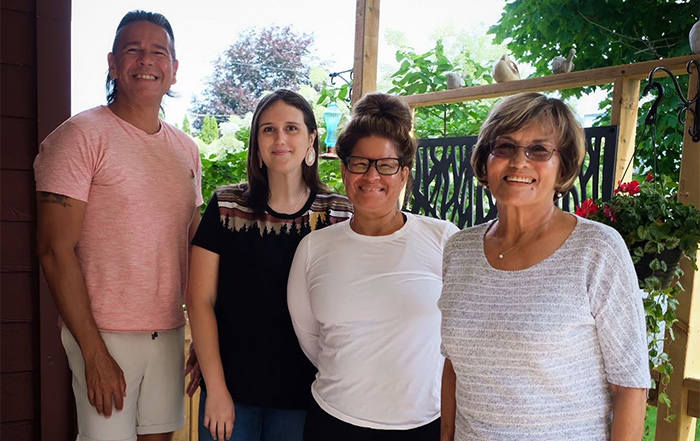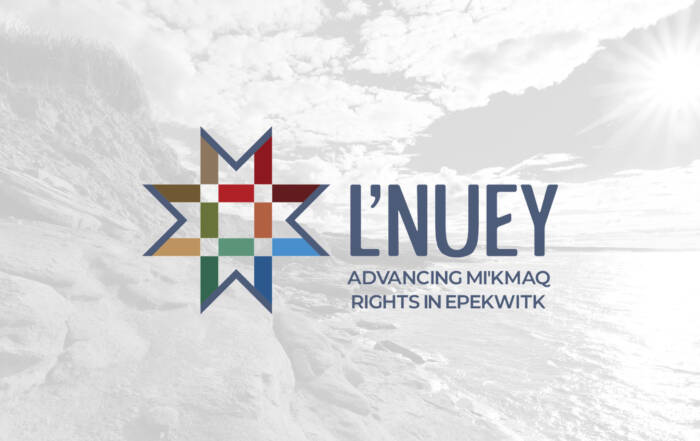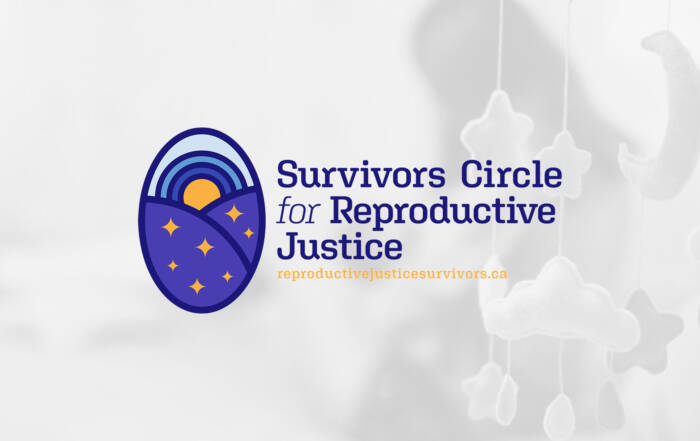New Resources Available for Archival Research and Statement Gathering
Know History is now offering our archival research and statement gathering resources for free online. These guides provide valuable frameworks for planning archival research projects and statement gathering projects related to finding missing and disappeared children and unmarked burials associated with Indian Residential Schools.
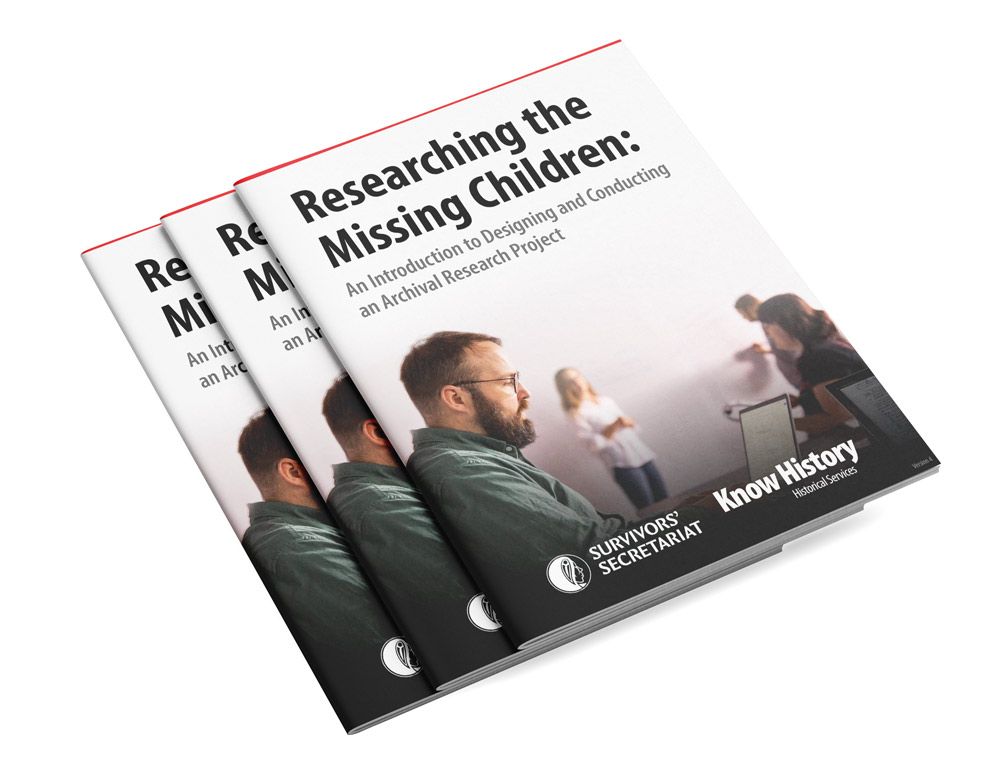
Researching the Missing Children: An Introduction to Designing and Conducting an Archival Research Project
Developed in collaboration with the Survivors’ Secretariat, Researching the Missing Children: An Introduction to Conducting an Archival Research Project provides an overview of the archival research process and how historical documents can support the important work to find unmarked burials and missing and disappeared children associated with Indian Residential Schools.
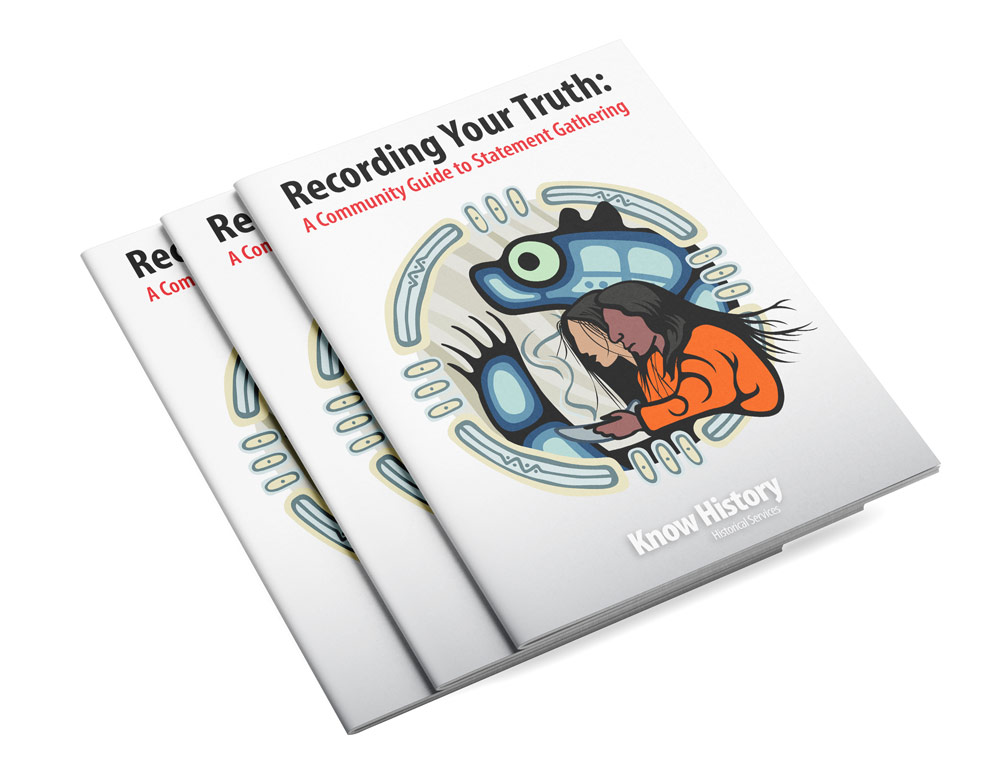
Recording Your Truth: A Community Guide to Statement Gathering
Know History created Recording Your Truth: A Community Guide to Statement Gathering to support the sacred process of recording Residential School Survivors’ truths. Designed for community-led projects, the guide emphasizes the careful planning, resources, and respect needed to protect and honour the knowledge that Survivors share. This guide offers a framework for setting project goals, developing a culturally sensitive methodology, and ensuring safety for both team members and statement providers that can be adapted to align with community needs and values.
Recent Posts
Mohawk Council of Kahnawà:ke
We are proud to collaborate with the Mohawk Council of Kahnawà:ke, the Kanien’kehá:ka Onkwawén:na Raotitióhkwa Language and Cultural Center, and Dr. Gerald Taiaiake Alfred on the vital work of collecting and preserving oral histories that reflect the lived experiences, cultural teachings, and perspectives of community members from Kahnawà:ke.
Ni’n Aq No’kmaq Genealogy Project
In October 2025, we traveled to Epekwitk (PEI) to speak with community members directly concerning connections built out for L’nuey’s Ni’n Aq No’kmaq Genealogy Project.
The Survivor’s Circle for Reproductive Justice
We were honored to attend the launch of the SCRJ’s report titled “Assisted Reproductive Services to Restore Fertility for Forcibly-Sterilized Indigenous Survivors: Options and Costs”.


